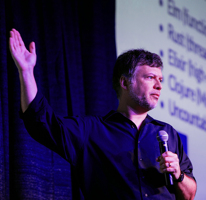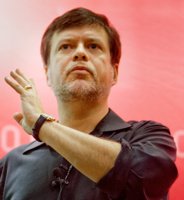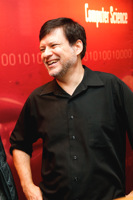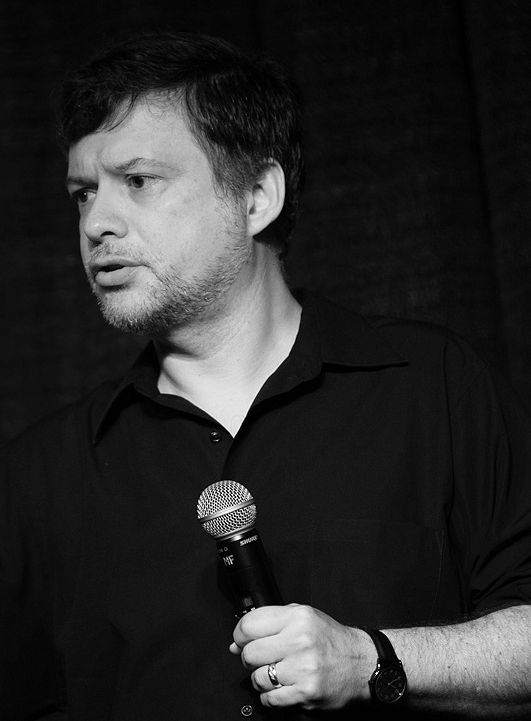Toolshed Technologies
Andy Hunt
Musician, Author, Programmer
Science Failure and Cubicle Brain Death
—Andy Hunt
12/02/2008
Published in Andy's Blog
But this is not just some lame stationery affectation; things like the pen and paper you use, the decorations at your desk, the lighting and ceiling height of your cubicle all have a measurable effect on your cognitive processes. Here’s why.
You may have always heard that you start off with a certain number of brain cells, and that’s all you get. These brain cells might die off, but you’ll never get any new ones. Alcohol and aging can kill brain cells, which makes old age look pretty unappetizing—you’d be left with a lot less brain cells over time.
Fortunately, professor Elizabeth Gould thought otherwise. In a discovery that turned the field on its ear, she discovered neurogenesis—the continued birth of new brain cells throughout adulthood.
But here’s the funny part. The reason researchers had never witnessed neurogenesis previously was because of the environment of their test subjects. If you’re a lab animal stuck in a cage, you won’t grow new neurons.
If you’re a programmer stuck in a drab cubicle, you won’t grow new neurons either.
On the other hand, in a sensory-rich environment with things to learn, observe, and interact with, you will grow plenty of new neurons and new connections between them. A steampunk-etched notebook or a funky new pen is not just inspirational in some abstract way; the increased tactile sensory experience actually encourages growth of new neurons and stronger connections. (For example, Dan North gave me his Retractable Zebra Ball Point at a recent conference. Thanks Dan!)
For decades, scientists were misled because an artificial environment (sterile lab cages) created artificial data. Once again, as I harp on throughout the book, context is key.
Your working environment is a context as well. It needs to be rich in sensory opportunities, or else it will literally cause brain damage.
I don’t know about you, but I don’t have any neurons to spare!
Keep up to date with my low-volume newsletter and don't miss another article or fresh idea:
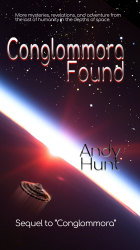

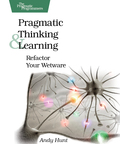
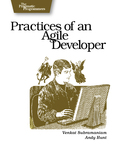
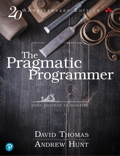
Latest News
-
Greenfield, Brownfield... Blackfield?
July 24, 2024 -
New article: The Limits of Process
January 25, 2022 -
New article: Habits vs. Practices
January 5, 2022 - List All News...
